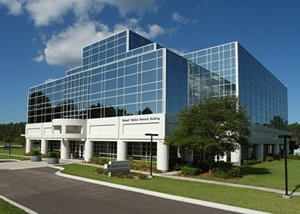
SBA 7a Loan Repayment Terms
The SBA’s loan programs are generally intended to encourage longer term small-business financing. However, actual loan maturities are based on the ability to repay, the purpose of the loan proceeds and the useful life of the assets financed. However, maximum loan maturities have been established: 25 years for real estate, up to 10 years for equipment (depending on the useful life of the equipment) and generally up to seven years for working capital. Short-term loans and revolving lines of credit are also available through the SBA to help small businesses meet their short-term and cyclical working capital needs.
Amortization
Most 7(a) term loans are repaid with monthly payments of principal and interest. For fixed-rate loans, the payments stay the same because the interest rate is constant, whereas for variable rate loans the lender can require a different payment amount when the interest rate changes. Applicants can request that the lender establish the loan with interest-only payments during the start-up and expansion phases (when eligible) to allow the business time to generate income before it starts making full loan payments. Balloon payments or call provisions are not allowed on any 7(a) loan except SBA Express loans. The lender may not charge a prepayment penalty if the loan is paid off before maturity, but the SBA will charge the borrower a prepayment fee if the loan has a maturity of 15 or more years and is prepaid during the first three years.
Collateral
The SBA expects every 7(a) loan to be fully secured, but the SBA will not decline a request to guarantee a loan if the only unfavorable factor is insufficient collateral, provided all available collateral is offered. This means every SBA loan is to be secured by all available assets (both business and personal) until the recovery value equals the loan amount or until all assets have been pledged (to the extent that they are reasonably available). Personal guarantees are required from all owners of 20 percent or more of the equity of the business, and lenders can require personal guarantees of owners with less than 20 percent ownership. Liens on personal assets of the principals may be required.
